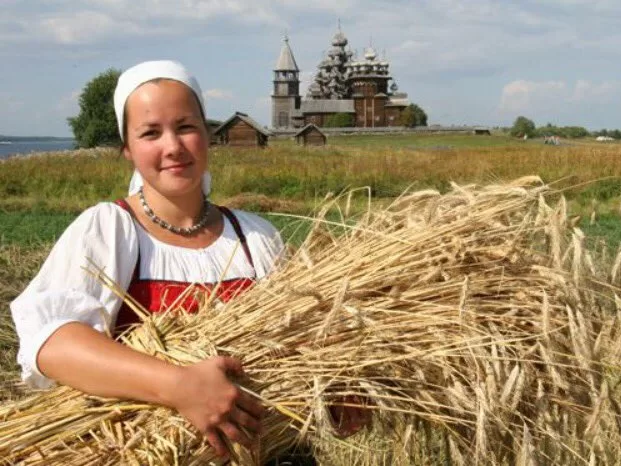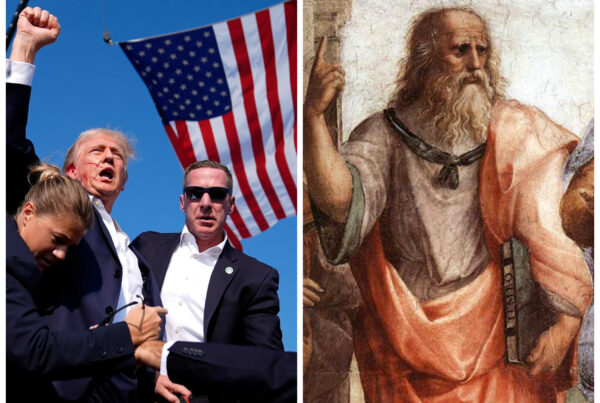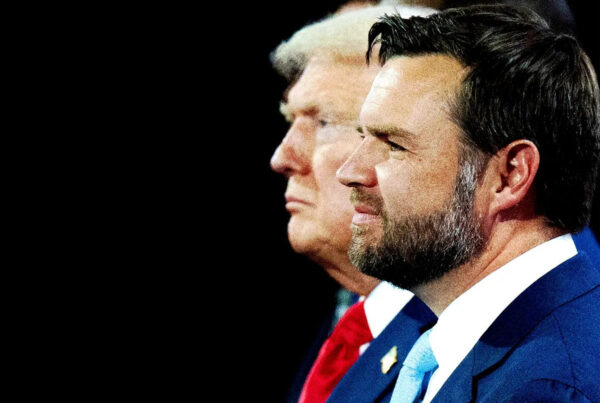In Russia, the year 2024 has been proclaimed the Year of the Family. Clearly, in this area, things are quite dire for us. The alarming rates of divorce, abortion, and declining birth rates represent a national catastrophe. If we take the Year of the Family seriously, relying on the classics (but not the liberal or communist ones, as they are likely to advise something that will only hasten the disintegration of the family), we should simultaneously return to our roots and take a step forward.
From a historical-sociological and anthropological perspective, the concept of the family is inextricably linked to the peasantry. Strictly speaking, the term ‘family’ in Russian society refers primarily to the peasant family, bonded by marriage, with mandatory baptism of children and the running of a common household.
The family included small (sometimes large) livestock, a house, a field, a garden, tools for working the land and other needs, as well as workers (the words ‘child’ and ‘slave’ are of the same root, meaning ‘junior workers’, so those who do not help mum and dad are not children).
For nomadic peoples, naturally, there were differences related to the fact that no specific territory was assigned to the family. Although in the case of tribes, clans, and kin groups, territories for grazing were quite fixed — hence the tamgas, distinguishing pastures of clans from the Eurasian steppes.
It is worth noting that the family structure for the military and priestly castes was different. The existence of a warrior and a priest is less rooted in the land. A warrior exists for war and death (as well as protection from war and death). A priest, a cleric, is oriented towards God and the heavens. Therefore, the very logic and structure of the family among the higher castes — the priesthood and aristocracy — changed. For example, children did not work but learned military arts or literacy through sacred texts. Girls simply waited for marriage, and the moral code among the higher castes (especially for girls) was much stricter than among the lower ones (although there it was quite strict as well).
The families in the cities are a special case. Small craftsmen and merchants were often of peasant origin and transferred the peasant family model to the city. Here, too, children were workers and trained in crafts or trade. As for the moral code, the traditional urban family of the craftsman or merchant type gravitated more towards the code of the higher castes — that is, to a strict and unwavering adherence to moral rules.
But that was in traditional society.
The modern era, capitalism, and urbanisation marked the beginning of the disintegration of the family. Contemporary liberalism and orthodox communism take the denial of the family to its logical extreme. For a liberal, the family is a contract; for a communist, it is a relic of the bourgeois order. Hegel emphasises that civil society itself, where everyone is for themselves, is the institution that destroys the family. He sees in this a dialectical moment in the development of history, which must be overcome by transitioning from civil society to the state, which alone can save the family and protect its structures from toxic individualism.
German sociologist Werner Sombart noted that bourgeois urban conditions and industrialisation created the groundwork for the disintegration of the family from the very beginning. He believed that the engine of capitalism and liberalism in urbanistic modern Europe was the semi-recognised institution of city mistresses. In the countryside, for the average peasant, it was problematic to support someone besides the family. The increase in individual resources and the urban lifestyle of the bourgeoisie contributed to the emergence of the institution of parasitic mistresses. According to Sombart, they were an important factor in the capitalisation and modernisation of European society, vampirically demanding more and more, which facilitated technical progress, innovations, and entrepreneurship, but destroyed morality.
In this context, for Russia to reconnect with its roots, yet progress in a new developmental phase, entails initiating a widespread relocation from megacities to rural areas and implementing a government program to restructure living arrangements in villages, suburbs, and small settlements. The rallying cry could be ‘Back to the native land!’ Emphasising that if the peasantry represents the historical foundation of a robust, stable (given the challenges of rural life), and large family structure, it is essential to understand that reviving these traditional family values is impossible without also revitalising rural, peasant lifestyles.
Therefore, building structures should be low-rise and spread out horizontally. The drawbacks of high-rise, ‘honeycomb’ structures became evident during the severe frosts of New Year. Russia should aim to expand its settlements horizontally rather than vertically. In major cities, particularly capitals, the population should not exceed one million. The surplus population should be encouraged to return to rural areas.
This is what the Year of the Family should be like — strengthening the state ideology and returning to the land.
You might ask: what about industry and technology?
Firstly, programming and discoveries can be done from one’s own home, connected to the internet. Fresh air and a loving family are conducive to thinking.
Secondly, one could work in cities on a rotational basis, as is done in the North. A group of engineers arrives, lives in the appalling conditions of the city — and then back to the land.
Everyone knows that Berdyaev spoke of the ‘New Middle Ages’. But few understand just how wonderful that is.










Just what I´ve been hoping for myself, Prof. Dugin, is there not also some good angle to be examined from a Heideggerian point of view about how the West would be returning to its earlier Dasein. I must say this would be a very good thing for my fellow Gen Zers who can´t stop thinking about things without relating them to some stupid scene off of X, YouTube or the worst of them all TikTok.